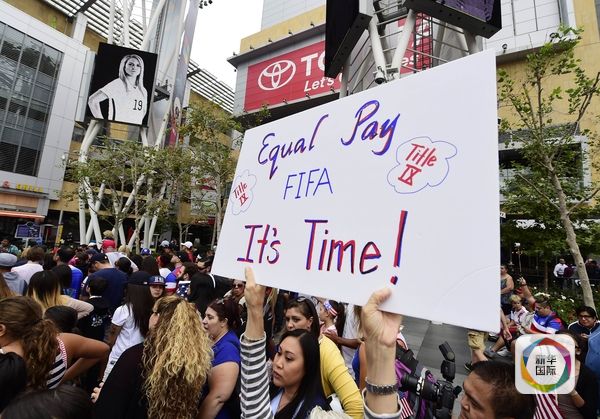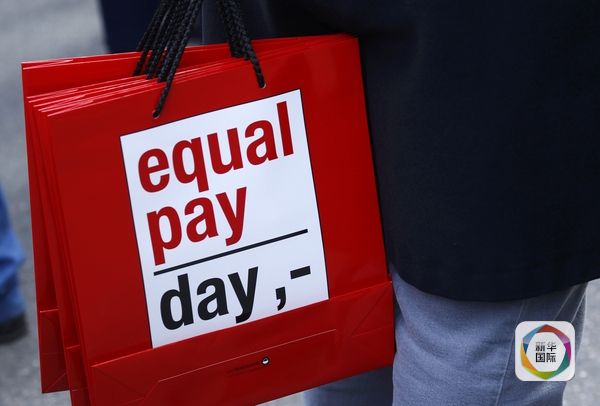


(Xinhua/AFP)

(Xinhua/Reuters)
The World Economic Forum (WEF) believes it will take another 118 years - or until 2133 - until the global pay gap between men and women is finally closed.
The WEF's Global Gender Gap report assesses 145 countries across the four pillars of health, education, economic opportunity and political empowerment.
It found that, respectively, women have 96 per cent, 95 per cent, 59 per cent and 23 per cent of the opportunities and access that are available to men in those four categories.
Surprisingly, the wage gap between male and female did not narrow after the financial crisis in 2008. Women are now earning the amount that men did in 2006, data from the report says.
According to the report, in 2015, the global average annual salary of a full-time female staff member is USD 11,100 while that of a male is USD 20,600, 50 per cent more than that of a female employee. A full-time male employee's average annual salary was USD 11,400 in 2006, fair to that of current full-time female employee.
The report says the gap between the economic opportunities available to men and women narrowed by 3 percent in the last decade, according to the annual Global Gender Gap Report. At that rate of improvement, women will not achieve financial parity with men for another 118 years.
In the WEF’s annual rankings North European countries still top the index, with Iceland ranking first for the seventh year, followed by Norway and Finland. Rwanda, the Philippines and New Zealand are the only non-European countries in the top 10.
Gender gap in Sri Lanka in Asia, Mali in Africa, Croatia and the Slovak Republic in Europe, Jordan and Iran in the Middle East is in a widening process.
"The current inequalities risk being exacerbated in the future," warned Klaus Schwab, Founder and Executive Chairman of the WEF.
"Increased levels of automation ushered in by the Fourth Industrial Revolution are likely to affect not only the economy but also humanity," Schwab said, explaining that technological disruption to business models and labour markets could kill jobs traditionally held by women.
 J-10B fighters with homegrown engine in test fligh
J-10B fighters with homegrown engine in test fligh Photos of U.S. Navy intruding in South China Sea released
Photos of U.S. Navy intruding in South China Sea released Cats who immediately regretted their life choices in photographs
Cats who immediately regretted their life choices in photographs Beautiful girl from police college becomes Internet hit
Beautiful girl from police college becomes Internet hit 10 tons of copper coins unearthed in 2,000-yr old tomb
10 tons of copper coins unearthed in 2,000-yr old tomb In Pics: Amazing Chinese fighters
In Pics: Amazing Chinese fighters
 Chinese, U.S. navies hold first-ever joint exercise in the Atlantic
Chinese, U.S. navies hold first-ever joint exercise in the Atlantic When a Chinese woman marries an Indian man
When a Chinese woman marries an Indian man Photos of beautiful teacher hit the Internet
Photos of beautiful teacher hit the Internet Top 20 hottest women in the world in 2014
Top 20 hottest women in the world in 2014 Top 10 hardest languages to learn
Top 10 hardest languages to learn 10 Chinese female stars with most beautiful faces
10 Chinese female stars with most beautiful faces China’s Top 10 Unique Bridges, Highways and Roads
China’s Top 10 Unique Bridges, Highways and Roads Boar war
Boar war Half the world away
Half the world away Mali attack casts shadow on investment
Mali attack casts shadow on investment Prudence needed over decision to fight IS
Prudence needed over decision to fight ISDay|Week